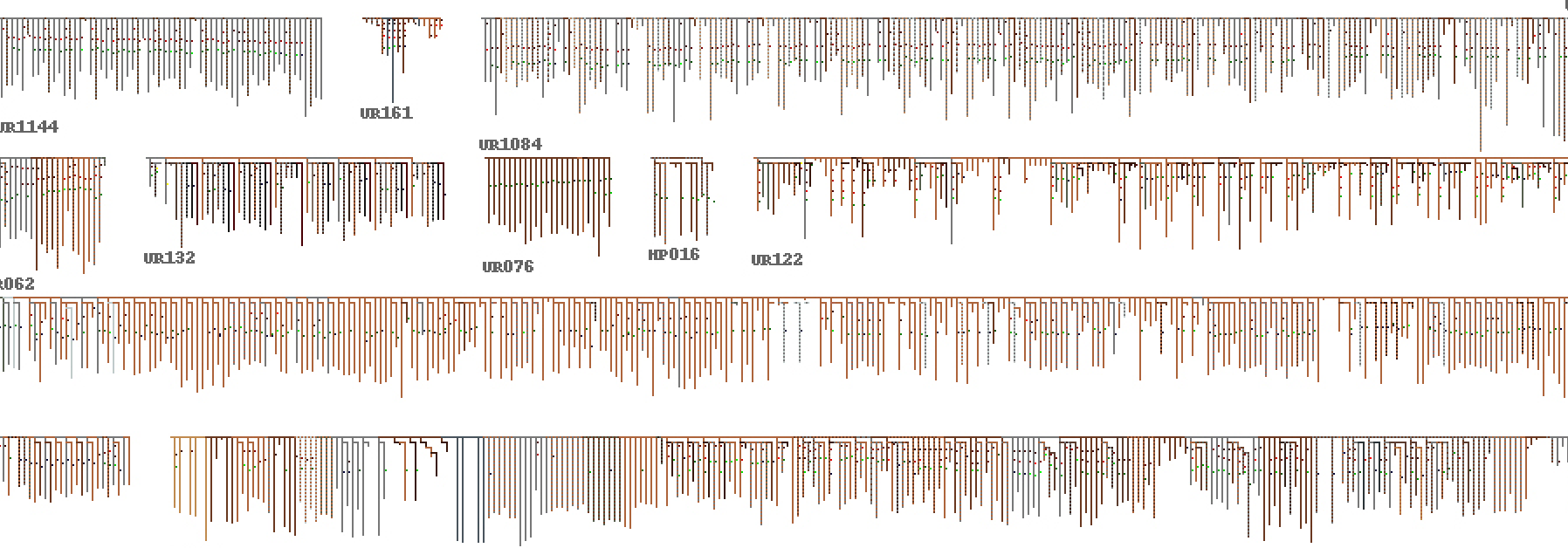Administrative Research

Like most organisations, a large part of our day to day work is concerned with administration. Rather than seeing this as an irritating and inconvenient interruption from "Real Work", we consider it to be a research area in it's own right. The reason is that to ask even the simplest questions of administration is a political act, while submitting to the illusion that it is possible to 'float free' of these matters works in the interests of the already powerful.
There are some distinct advantages to this approach:
- A level of independence: we seek and value expert help when required, but digging deeper when working with them to fully understand the reasons behind situations and rules we live within allows us to make well informed decisions for ourselves.
- Perspective: An ability to see ourselves within a larger social/economic structure which is both grounding and empowering.
- Documentation for ourselves and others. It's quite hard to find information on some of these topics and some of our writing on non-profit company formation has been our most popular. I always need to re-read our VAT post when doing our tax returns, and a not-inconsiderable side effect of publishing our decisions on these matters is that they form a legal record. A lot of these rules are grey areas, so recording your interpretation of them can be used as proof that you followed them in good faith.
As you can see on the right, sometimes these questions lead us to the highest levels of policy making. We've found that broad and not particularly well researched complaints fall on deaf ears, while questioning the tiniest, most specific and niggly detail can have surprising impact.
For a related approach in the wider FoAM Network see the Institute for Experiments with Business
(Banner image is a depiction of Inca Quipu - the knot databases of imperial administration and accounting)
